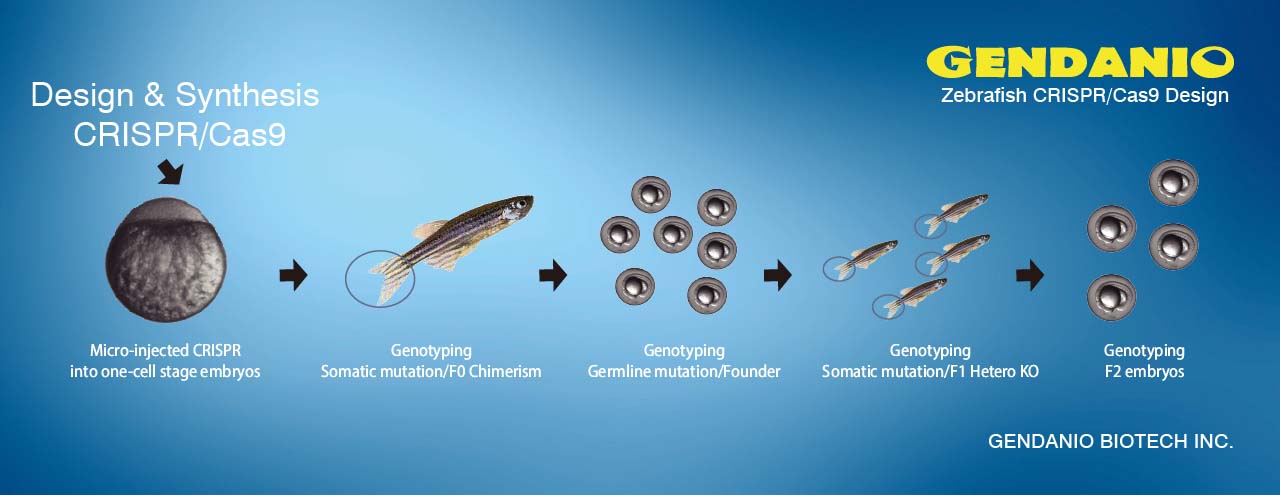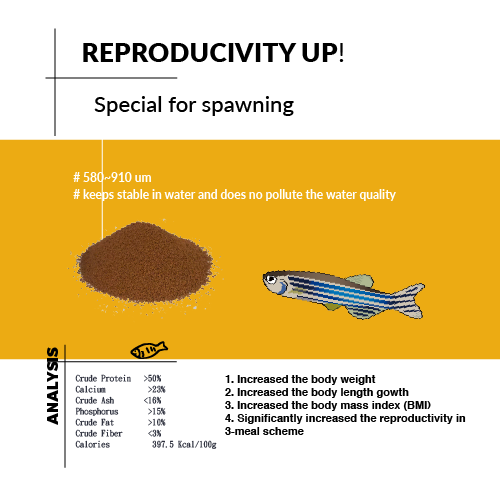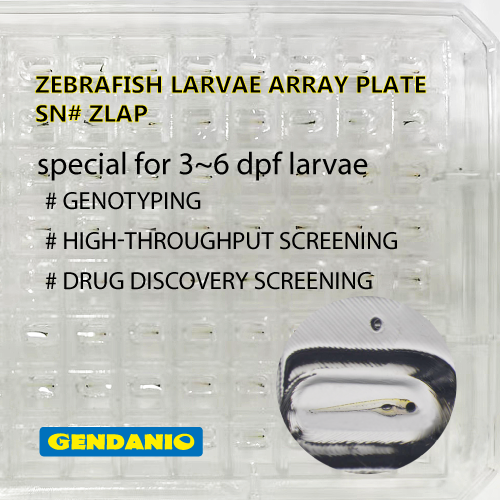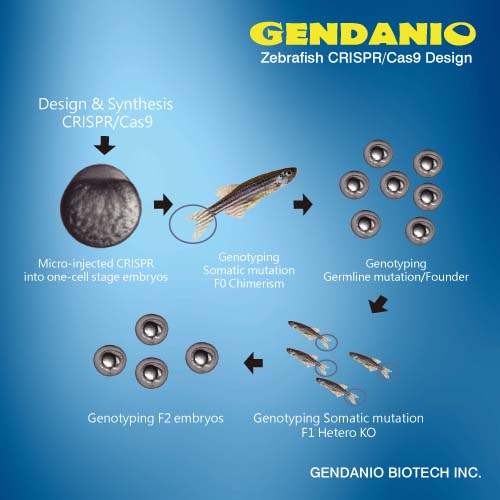Byrd-Jacobs
KALAMAZOO--Dr. Christine A. Byrd-Jacobs, professor of biological sciences at Western Michigan University, has received a new grant from the U.S. Department of Health and Human Services totaling more than $400,000.
The funding will support a project to examine the ability of the adult brain to recover from damage due to injury or disease. This examination will use a novel, reversible-injury method as well as zebrafish, a common laboratory model for molecular genetics because it has the same basic cell types found in humans.
A specialist in cellular neurobiology, Byrd-Jacobs studies the development and maintenance of the olfactory system of fish and frogs to gain insights about the plasticity of the central nervous system in human adults.
She primarily focuses on the olfactory system of zebrafish, which is unique in that it is a continually developing sensory system, so both development and regeneration in adults can be studied. Throughout the zebrafish's life, new neurons are born and new connections are made in the nose as well as in the olfactory bulb of the brain.
Byrd-Jacobs is trying to elucidate the cellular interactions and molecular factors responsible for the maintenance of that organism's brain structures and their ability to respond to injury. That research has important implications for understanding how neural regeneration works in humans and how humans recover from brain injury and disease.
Her recent work on zebrafish involves removing olfactory sensory input, which causes degeneration of the olfactory part of the brain. When she restores sensory input, there is some regeneration of the brain, indicating that the adult central nervous system can recover from long-term damage.
The new grant will allow her to pursue experiments that will examine the mechanisms involved in this degeneration/regeneration process, with the future goal of looking for treatments for stroke and degenerative brain diseases.
A WMU faculty member since 1996, Byrd-Jacobs serves as graduate advisor for the Department of Biological Sciences. She has received several National Institutes of Health grants to support her research.
An alumna of Avila College, Byrd-Jacobs earned a doctoral degree from the University of Arizona and did post-doctoral research at the University of Virginia. She is a member of such scientific organizations as the Association for Chemoreception Sciences, an international association that advances understanding of the senses of taste and smell, and the Society for Neuroscience, the world's largest organization of scientists and physicians devoted to advancing understanding of the brain and nervous system.
Source: WMU News
























